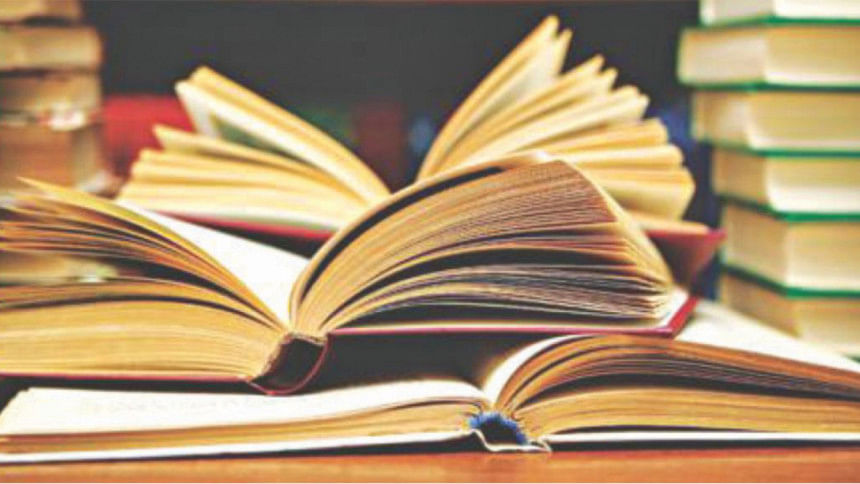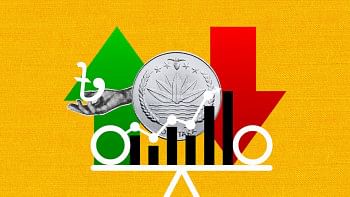Adopt a Library

While Boi Mela sadly lasts only a month, what do readers in Dhaka and the rest of the country do the rest of the year? Buying a year's worth of books in one go is hardly feasible. For those without the means to buy, reading for pleasure is a luxury. Readers, especially young students, require a well-stocked and diverse library in the vicinity of their home or where they work or study to encourage them to read year-round.
For those outside the cities, libraries can especially be few and far between and more importantly, scarce in quality books. A 2015 Education Watch report noted that only 12.1 percent of rural primary schools in the country had library facilities for their students. Of these, only one percent had a separate room for a library. Books were more commonly placed on a shelf in the teachers' or principal's room.
A comprehensive study of the library landscape in Bangladesh (conducted in collaboration among the British Council, the government, BRAC and the Bengal Foundation) found that 52 percent of librarians said that existing materials in their libraries were insufficient for their users. The study surveyed 136 public and privately-run libraries scattered throughout the country. Popular among readers were literary books and books on history, politics, and religion, according to the librarians surveyed. In a digital age, with information at their fingerprints, it is difficult to encourage users when libraries cannot afford to stock quality books or update their collection to keep them relevant for readers.
The University Press Limited (UPL), a publishing house in Dhaka, launched the Adopt-a-Library programme last year to revive a library culture among readers. The organisation first reached out to institution-based libraries, such as in schools and colleges, where a basic infrastructure already exists to house books for students. UPL screens the institutions requesting books and then gives them a choice of book-bundles to choose from. Each bundle of books consists of around 30 books of a variety of genres—mostly in Bangla, with some in English, and includes books for teachers.
The institution itself chooses which bundle it wants for its library. A bundle of books for a school library costs BDT 8,000 or USD 100 (ranging from the children's book "Swim Little Fish Swim" by Niaz Zaman to Rabindranath Tagore's works "Chokher Bali" and "Chaturanga") while BDT 12,000 (or USD 150) buys a bundle of books for college libraries and stand-alone libraries (including works by Imdadul Haq Milon and a collection of women's narratives of 1971).
Donors can choose which type of book-bundle they want to buy for a library—in addition to educational institutes, stand-alone public and private libraries can also be donated to. Once a donor confirms for a particular type of library, the books will be delivered to the institution.
A pilot conducted with bundles of UPL's own books saw great demand from school and college libraries in particular, says Mahrukh Mohiuddin, director of operations and business development at UPL. "The idea has been well appreciated," she says. UPL is currently seeking donations from both individuals and organisations, to help stock libraries around the country with the model it has developed. "After more than 40 years [of UPL in the publishing industry], it was our way of linking back with the community. We have produced a lot of books, but how do we make sure that these books are reaching the communities we want to serve?"
If you're a book-lover and want to encourage a culture of reading among today's youth, consider donating a book-bundle yourself or through your organisation. UPL is currently seeking donations for the Adopt-a-Library programme.
— Star weekend Desk





Comments